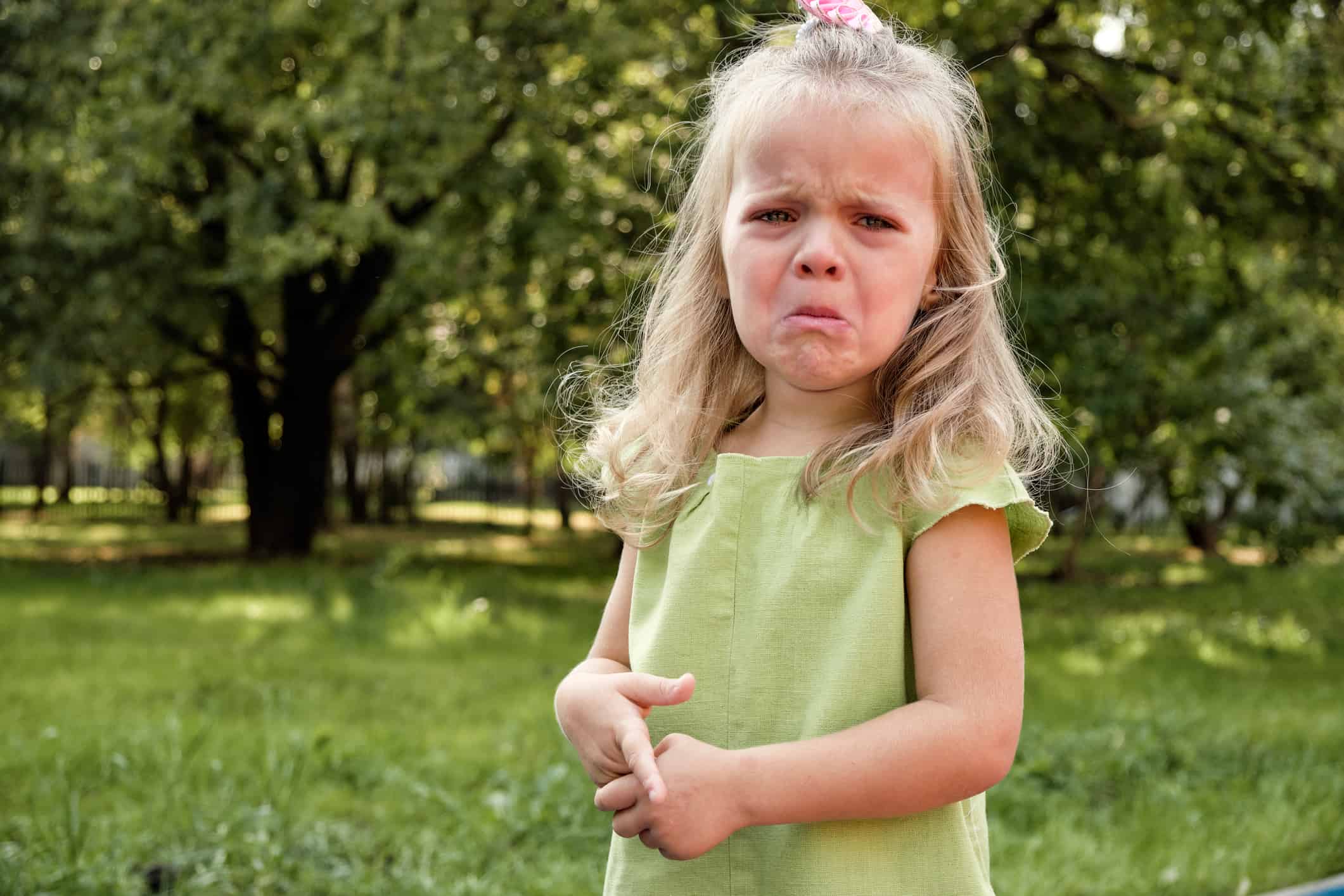Defiance, disobedience, and misbehavior: these are all some of the more unpleasant things our children get up to. They can be some of the worst issues for parents to deal with, though. In part this is because we wonder if we will be able to enforce good behavior or whether our child will continue to ignore us and our demands.
Alternatively, we may be distressed at the thought of our child’s behavior and at the thought of causing them pain when we insist on punishing them in order to correct that behavior. Let’s face it- discipline is hard. Despite that, however, it is also necessary. Experts say that discipline issues account for two of the four reasons that children become habitually defiant. If discipline for bad behavior is either too lax or too strong, children may begin to act out.
Handling Discipline Appropriately
Like Goldilocks, you are looking for a way to handle things ‘just right'. You don’t want to be too hard-nosed or too soft with your children. What you do want is to be prepared. Discipline doesn’t always have to work the same way; different children or different situations require different handling, but it does need to be swift and final. You should have some general strategies for discipline in place before you think you will need them so that when the time comes you can act accordingly.
The longer you hesitate or dither, the longer your child’s defiance continues and the more heated the situation becomes. Your child must know beyond a shadow of a doubt that their misbehavior will result in your action. Otherwise there is no reason for them to listen to you at all. As for how you discipline your child, try fitting the punishment to the crime. If your child misbehaves in a toy store or park, threaten to remove them and take them home.
Handling Defiance in the Long Term
Once you have acted to end your child’s defiant behavior for the time being, take some time to consider what may have caused the behavior in the first place. Is your child hungry or tired? It can also be caused by an outside event that has an effect on your child’s emotions, making them want to lash out. Finally, your child might not mean to be defiant at all—they may simply have neglected to hear you or to recall an instruction. That is why it is important to consider the source of your child’s behavior.
You may not have time to do this before you act to stop the behavior, but afterward you should take note of potential causes and look for patterns. This can help you identify problem areas for your child and work on them before things reach the level of a power struggle between parent and child. With the joint application of swift discipline and swift behavioral analysis, you will be able to work through your child’s defiance issues.
How to Handle Defiance From An Older Child
Defiance from an older child can be tough. They are more capable of sneaking around you, which is why it's more important than ever to find a good balance between being too soft and too hard on them. If you become an over-bearing disciplinarian, your child will simply find ways to tiptoe around you.
As your child grows, accept that they will get into some trouble while also expecting them to be a decent person. Focus on disciplining them for neglecting schoolwork or a job, disrespecting others, or acting in ways that truly endanger their safety. Treat them like their age; don't talk down to them like they're still five or six, but don't treat them as if they are a full-grown adult.
Before disciplining your child, try to get to the root of what's going on. If your older child feels heard, they will be more receptive to your input and influence. For example, are they neglecting their schoolwork because they don't understand it or because they're depressed? These are not disciplinary issues; rather, they need the attention of a tutor or professional counselor. By sitting your child down and talking through the situation with them, you can come to an understanding whether discipline is necessary.
Eventually, it will no longer be your responsibility to discipline your child. They will need to learn self-discipline once they become an adult, or they will suffer consequences greater than you could conjure up. As hard as it is, sometimes as parents you have to accept that your child needs to experience the consequences of their own actions to truly learn from them. By being a fair disciplinarian throughout their childhood, you'll teach them right from wrong and set them up for success.
The image featured at the top of this post is ©iStock.com/Georgiy Datsenko.
